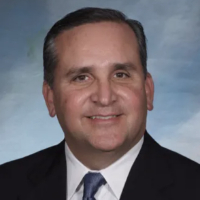 Amarillo Bankruptcy & Debt Lawyers, Texas
Amarillo Bankruptcy & Debt Lawyers, Texas
Sponsored Lawyers
1-10 of 29 matches
1619 S Kentucky St
Amarillo, TX 79102
Consumer Bankruptcy, Bankruptcy, Bankruptcy & Debt
An AV® Preeminent™ Peer Review Rated℠ attorney by Martindale-Hubbell®, Patrick Swindell focuses on bankruptcy law and civil litigation. He is a native of Amarillo and is very active in his community. He is Past President of the Board of Trustees of the Amarillo Opera and Lifetime Regent and Founder of Ascension Academy.
(more)
Bankruptcy, Credit & Debt, Business & Trade, Criminal, Consumer Bankruptcy
Estate Planning, Consumer Rights, Credit & Debt, Bankruptcy, Bankruptcy & Debt
Commercial Real Estate, Construction, Litigation, Credit & Debt, Bankruptcy
Personal Injury, Credit & Debt, Banking & Finance, Employee Rights, Litigation
Personal Injury, Credit & Debt, Business & Trade, Wills, Litigation
Bankruptcy, Consumer Rights, Litigation, Consumer Bankruptcy
Commercial Real Estate, Motor Vehicle, Wills, Business & Trade, Credit & Debt
Bankruptcy, Adoption, Industry Specialties, Lawsuit & Dispute, Litigation
Credit & Debt, Business, Commercial Real Estate, Business & Trade





